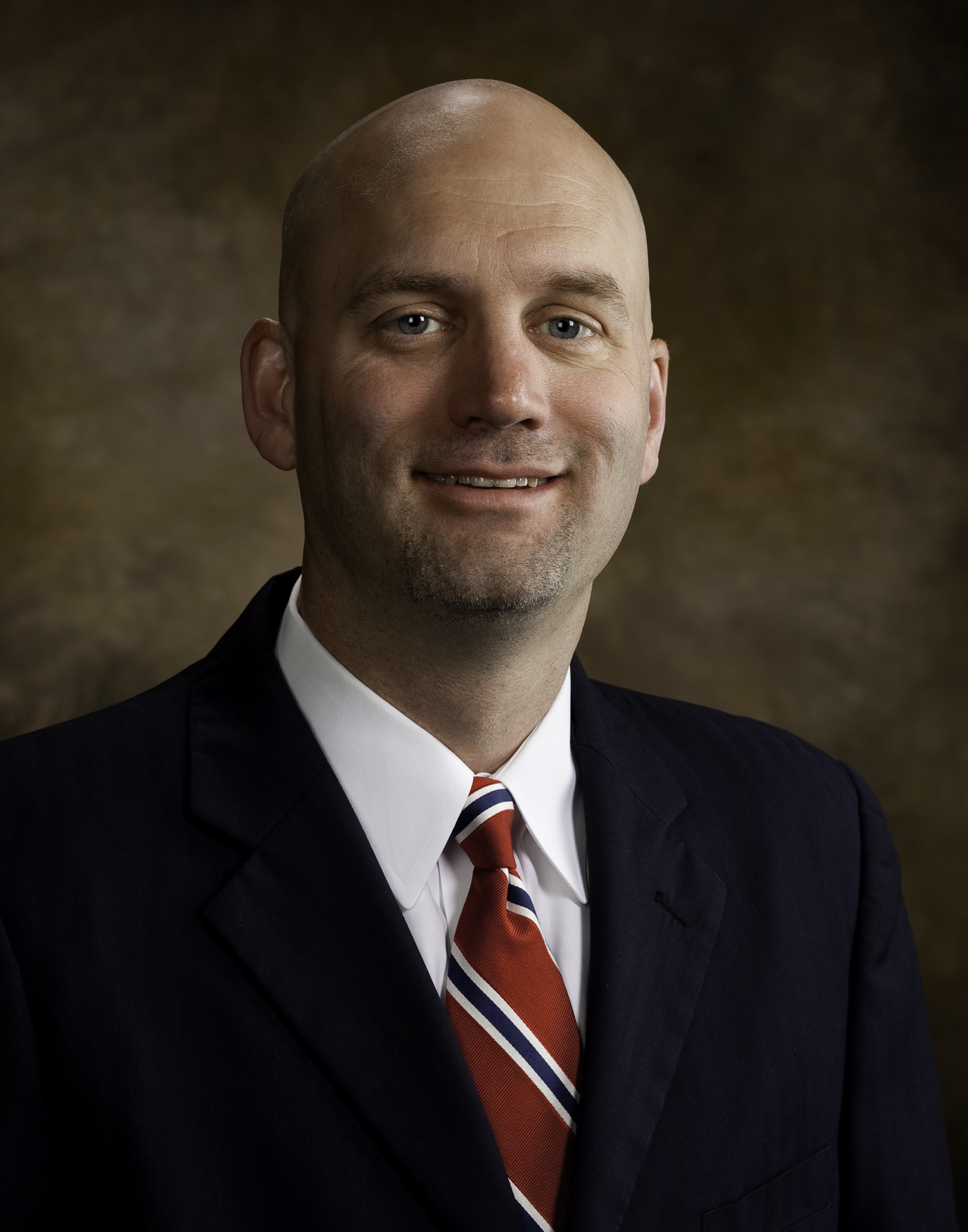FAYETTEVILLE, Ark. – The school funding system in Arkansas now aggressively targets additional resources to districts that serve disadvantaged student populations, a University of Arkansas study found.
Education policy researcher Gary Ritter, along with fellow researchers Nathan Gray and Joshua Barnett, through the university's Office for Education Policy, have been examining for several years how Arkansas lawmakers direct money to school districts.
“Arkansas is one of the few states across the country that purposely and aggressively gives more money and additional resources to districts with poor kids,” Ritter said. “Legislators are actually equitably allocating funds within districts. Arkansas is one of the highest ranked states in the nation with respect to equity of school funding.”
Gray agreed.
“The Arkansas funding formula intentionally channels additional money to schools with disadvantaged students,” Gray said. “We tested four or five different ways, and systematically, Arkansas is doing the right thing. Districts get essentially the same overall funding, and those serving the poorest students often get even more.”
In this study, however, Ritter, Gray and Barnett took this question one step further by examining the resource distribution from districts into the schools. Essentially, after finding that states fund progressively in favor of poorer districts, they asked whether districts are allocating their resources in favor of poorer schools.
In most states, the distribution of funds is tied to the number of teachers and the salaries they make.
“It might surprise some that money is not distributed to schools based on the number of kids,” Ritter said. “Roughly 60-70 percent of all school funding is tied up in people.” When money is distributed according to teachers’ salaries, because the more experienced teachers tend to gravitate toward “better” schools with higher pay, districts usually become inequitable in their funding.
To address the question of within-district equity, the team focused only on elementary schools and sampled only those districts with three or more schools to ask the straightforward question: do the schools that serve poor students receive more resources in terms of overall salary expenditures per student and per teacher than schools with fewer poor students?
Indeed, they found that schools with a large number of disadvantaged students do receive higher levels of funding per student. These dollars are used to employ a greater number of teachers, who have less experience and lower salaries than their peers in other schools. These schools also have relatively high numbers of instructional aides.
“Poor schools have more, less expensive teachers,” Ritter explained. “And rich schools have fewer, more expensive teachers.”
Thus, the team concluded that districts across Arkansas are doing a good job of allocating resources to schools with poor and minority students, but doing a poor job of ensuring that there are high salaries to draw teachers to serve disadvantaged students.
There have been 44 states that have experienced lawsuits related to funding gaps between rich and poor districts, including Arkansas.
Until 2007, Arkansas operated under a court order to provide “equitable and adequate funding,” as mandated by the state constitution. Policymakers have recently modified school funding legislative changes, and in May 2007, the Arkansas Supreme Court said that Arkansas has met the constitutional requirement and closed the case.
Ritter and his team presented their paper at the 2009 annual meetings of the American Education Finance Association and the American Educational Research Association.
Ritter is the director of the Office for Education Policy and holds the Twenty-First Century Chair in Education Policy in the College of Education and Health Professions at the University of Arkansas. Gray is a doctoral fellow in the department of education reform also at the University of Arkansas. Barnett is an assistant research professor at Arizona State University.
